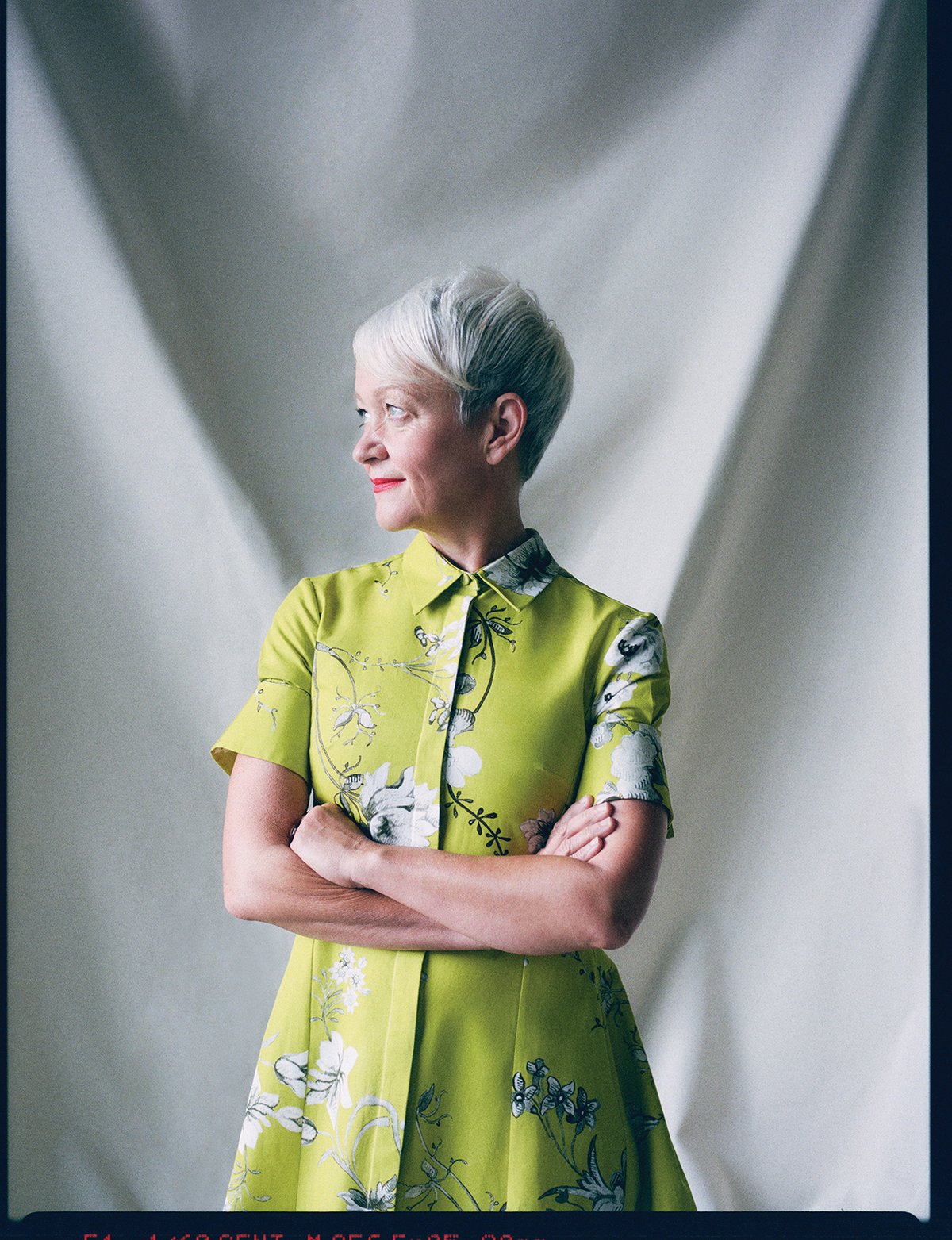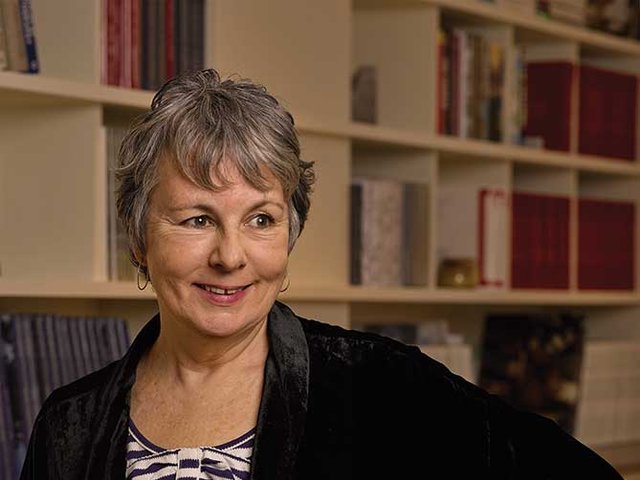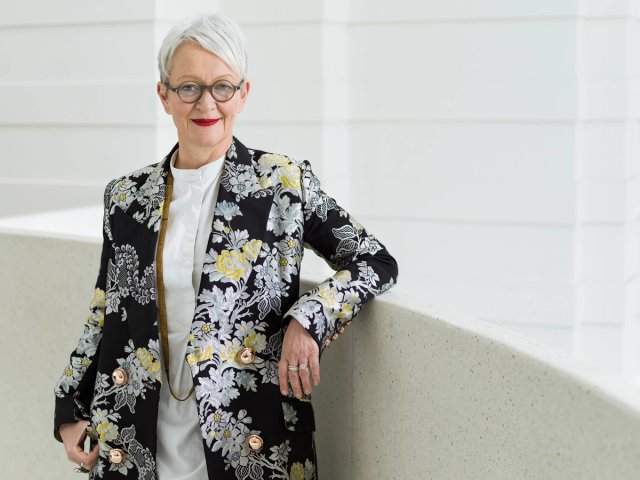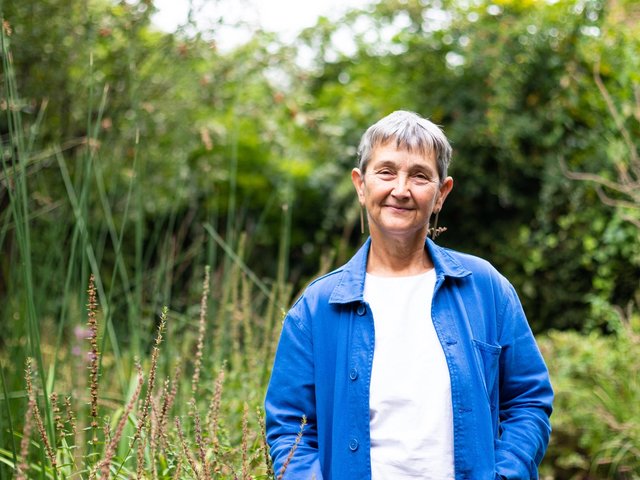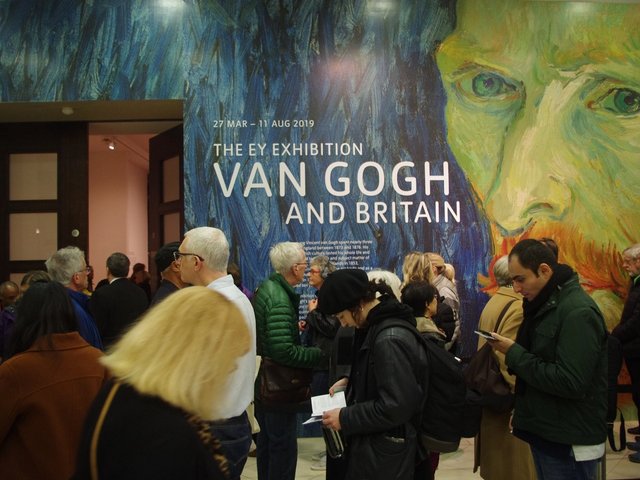Maria Balshaw has been the director of Tate since 2017, having previously been leader of the Whitworth and Manchester City Galleries, and head of culture for Manchester City Council. Her new book Gathering of Strangers: Why Museums Matter, published by Tate, is an updated version of “The Slade Lectures in Fine Art: The Future of Museums”, which she delivered at the University of Cambridge in 2022. Here, she tells us about the reason for the book, what challenges museums face in the 21st century and how Tate navigates its sponsorship deals.
The Art Newspaper: Why did you feel the need to write the new book?
Maria Balshaw: As we came out of the pandemic and the public came back into museums, we were powerfully reminded why these free-to-enter spaces matter and how they need to be accountable to a wide range of communities. The public sphere—especially across Europe, the US and the UK—is so divided and with such a proliferation of access to information, views, images and ideas, and I really feel that what the museum now does is offer a social space dedicated to expanding understanding, but not dedicated to any one particular view.
Your book talks of the many tensions faced by museums: being both local and international; a popular visitor attraction and a place for quiet contemplation; commercially successful and a public service; addressing colonial and imperialist histories. How do you address all these divergent strands?
Tate is both a local, a national and an international museum and it’s important that we don’t see these things as oppositions, as either/or. Thinking gets binary so quickly—if you don’t agree with me, then you are opposed to me. But you can disagree and not be in opposition because the museum’s role is to offer the opportunity to hold multiple perspectives simultaneously. Those oppositions have always been there. In our current moment we have precious few spaces left where you are actively invited to come in and have a view and not be castigated for it. We can offer a civic and a social space which says there are many ideas here, many views that you could hold on these issues. At Tate, we try to be multi-dimensional. And I think most good museums can and should work in that way.
What is the greatest challenge for museums?
To speak to a wider constituency, museums have evolved enormously. It’s been a long journey from the relatively elitist and art aficionado kind of audience to where we are now. We’ve done really important and impactful work around shifting the demographic of our audience, but when you look at who comes to museums in London versus who lives in London, we’ve still got a long way to go. And if we don’t speak to that wider constituency, we won’t be able to make the argument for funding—whether from a government or from corporates or from wider philanthropy—because what museums uniquely do is offer a public good in the sense of something to learn, something to enjoy and something to feel like it belongs to you. If half of the population don’t feel that that matters to them, then we’ve failed.
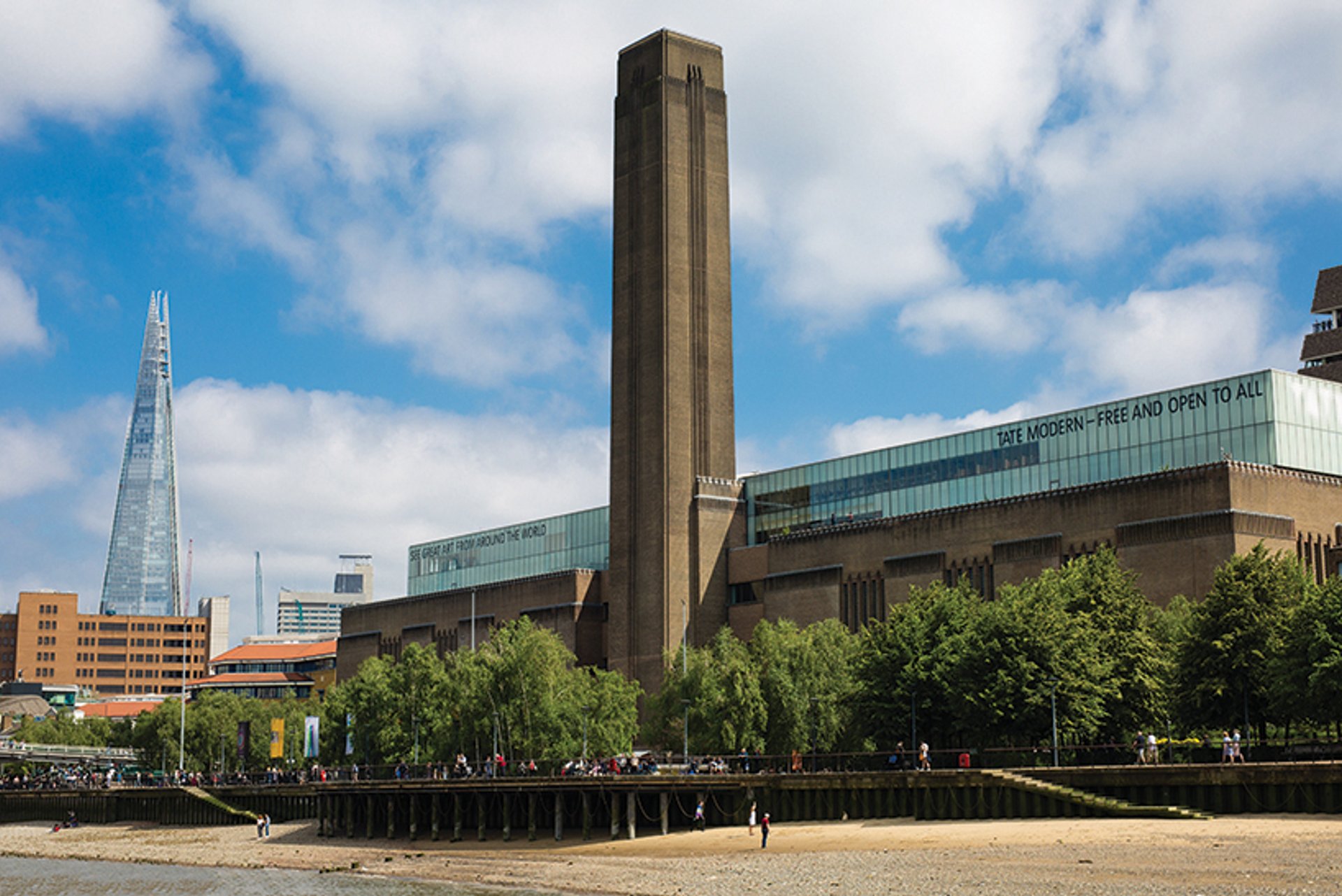
Tate Modern
Photo © GioRez
You have recently criticised the British Museum (BM) for accepting sponsorship from the oil company BP. What criteria should there be to assess who funds a museum? Are there any red lines for Tate? Such as funding from China or Saudi Arabia?
The BM’s decision to take that sponsorship happened to coincide with when I gave the Slade lecture on museums and the environment, so it was timely. BP is not the worst of those companies, but it’s also definitely not the best. We’ve never been offered anything from Saudi, so it isn’t something that has come up as a discussion. All institutions in China are subject to state control, but where there is significant public benefit and at arm’s length from the government, then that is something we might be prepared to consider [in 2019 Tate and Shanghai Lujiazui Group, a state-owned developer in China, signed a memorandum of understanding as part of the development of Shanghai’s Pudong Museum of Art]. Our red line in every contract is that Tate has curatorial control, and thus far, that’s worked.
We have an ethics committee that thoroughly debates all these issues. We assess the situation because positions change, governments change and individual corporates and companies can also change, sometimes thankfully for the good. There isn’t a blacklist. We just consider case by case. So it isn’t that we’d never take money from an oil company. I suspect in future we will take money from what I hope will soon be a former oil company. Because they are ultimately going to drive a green transition. We have to demand from these companies that if you want to be associated with us, then you’d need to demonstrate this—and then we’re being a positive advocate for change.
• Maria Balshaw, Gathering of Strangers: Why Museums Matter, Tate Publishing, 256pp, £18.99 (hb)


